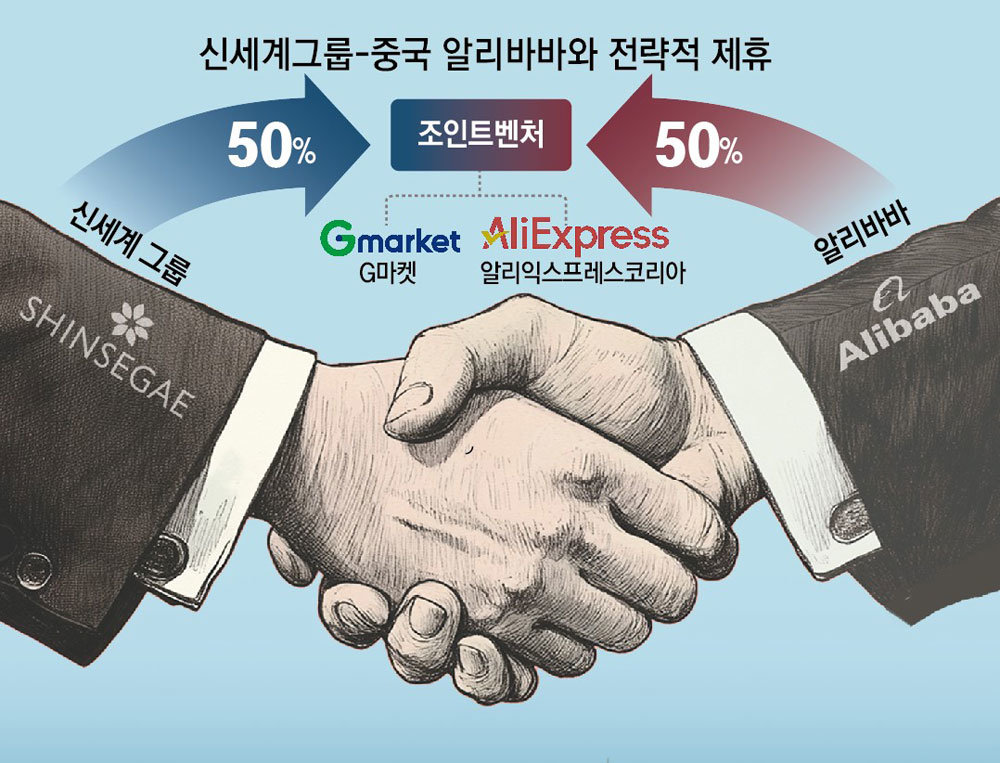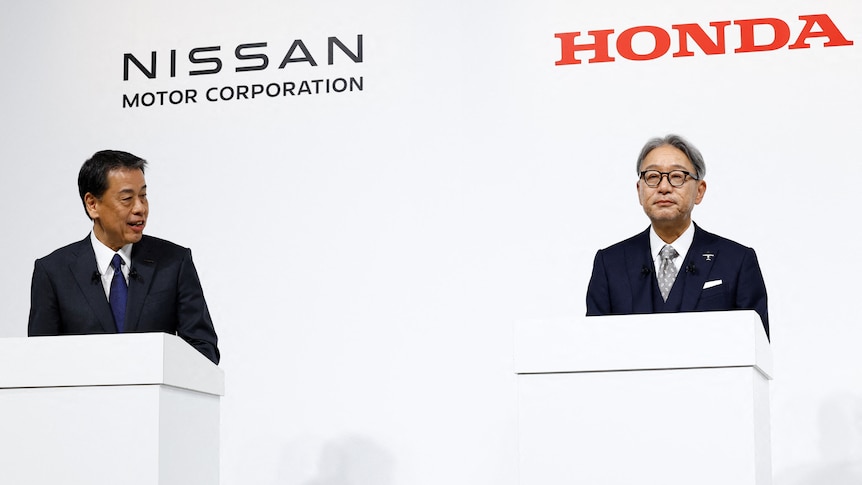Glovo Transitions to Employee Model for Better Worker Rights
Glovo is shifting to an employee model, enhancing worker rights and addressing legal pressures, a historic change for gig workers in Spain.

Key Points
- Glovo is transitioning from a freelance model to an employment-based model, significantly improving workers' rights and protections.
- This change affects approximately 15,000 delivery drivers across over 900 locations in Spain, driven by increasing legal pressures and fines.
- The decision, coinciding with CEO Óscar Pierre
's court appearance, reflects a broader shift towards ethical labor practices in the gig economy.
In a groundbreaking announcement that marks a significant shift in the gig economy landscape, Glovo has declared it will transition from a model of false self-employment to one based entirely on labor contracts. This move comes in response to continuous pressure from the Spanish government and various labor organizations aimed at protecting workers' rights, and it's about time this transformation took place.
The Context Behind the Change
Glovo, a leading food delivery app, has faced increasing scrutiny and penalties, amassing over 200 million euros in fines and unpaid contributions for its previous employment practices. The company has been criticized for operating with a freelance model that effectively masked the true nature of the work, leaving many delivery riders without essential employment rights and benefits. Now, they are taking a pivotal step to establish a workforce that is recognized as employees, rather than freelancers.

This transition will affect around 15,000 delivery personnel operating across more than 900 locations in Spain. The Spanish Ministry of Labor estimates that this change represents one of the most significant labor movements in recent history, potentially affecting the employment landscape for many gig workers.
Why Now? The Timing of Glovo's Announcement
The timing of this decision is notable, coinciding just one day before Glovo's CEO, Óscar Pierre, was set to testify in court regarding allegations of labor law violations. Observers speculate that this is a strategic move to mitigate legal repercussions and address the mounting criticism regarding workers’ rights. This shift is more than an adjustment; it’s a necessary evolution in the way gig work is perceived and regulated.
Implications for Workers
For many riders, the announcement has elicited mixed feelings. On one hand, becoming formal employees means entitled access to benefits like paid leave, social security, and protections against unfair dismissal. However, the transition also raises questions about the loss of flexibility that many independent riders have enjoyed. Some current riders express concern about how this model will affect their earning potential and their ability to choose when to work.
As a case in point, a rider named Javier Rojas voiced skepticism about the changes, fearing the new employment model may offer only minimum wages, thus not reflecting the income that many independent workers can achieve through flexible engagement. This illustrates the broader anxiety among workers accustomed to earnings based on their efforts and time commitment.
What Lies Ahead for Glovo
Moving forward, Glovo has committed to opening a dialogue with social agents to ensure a smooth transition. This approach could pave the way for collaboration among various stakeholders, including delivery companies that may want to follow Glovo's lead. The transformation could affect other players in the gig economy, influencing how similar businesses may adapt to upcoming regulations.

Additionally, Glovo’s parent company,
, recognizes that while there will be a financial impact, such as an anticipated 100 million euro ($105 million) reduction in earnings in 2025, the long-term benefits of establishing a legally sound and ethical employment model far outweigh the immediate costs. As legal frameworks continue to tighten across Europe regarding gig economy practices, companies that adapt proactively are likely to reap significant competitive advantages.
Final Thoughts
The journey towards establishing fair labor practices is long and often rife with challenges. Glovo's recent commitment to transitioning to an employee model signifies not just a change for the company itself, but represents a potential paradigm shift in how gig work is approached across the industry. By embracing labor contracts, Glovo is taking a stand for rights that many believe should be afforded to all workers, regardless of their employment status. As the gig economy continues to evolve, one can only hope that other companies follow suit in prioritizing the welfare of their workers alongside profitability.


